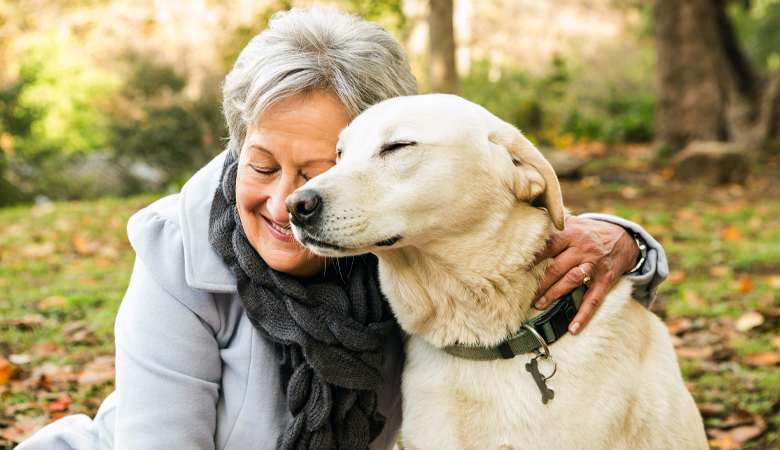How Old Do Dogs Get?
Written by Antoinet |
Dogs are our loyal companions, and of course we want them to stay healthy and happy with us for as long as possible. A dog's lifespan depends on several factors, such as breed, size, and genetic predisposition. In this blog, you'll learn about the average lifespan of a dog, the factors that influence it, and how to help your dog grow old as healthily as possible.

What Is the Average Lifespan of a Dog?
On average, dogs live between 10 and 15 years. Small breeds often live longer than large breeds. For example, Chihuahuas and Toy Poodles can easily live to be 15 years or older, while Great Danes or Saint Bernards often only live around 8 to 10 years.
Mixed-breed dogs tend to live slightly longer than purebred dogs, as they usually suffer less from hereditary conditions. However, there are no guarantees, and a healthy lifestyle plays a major role in how old a dog will ultimately get.



